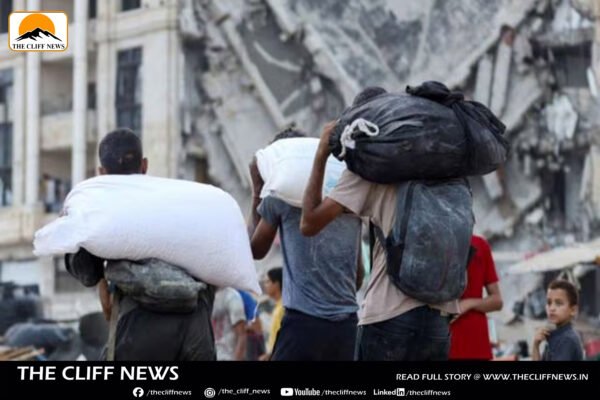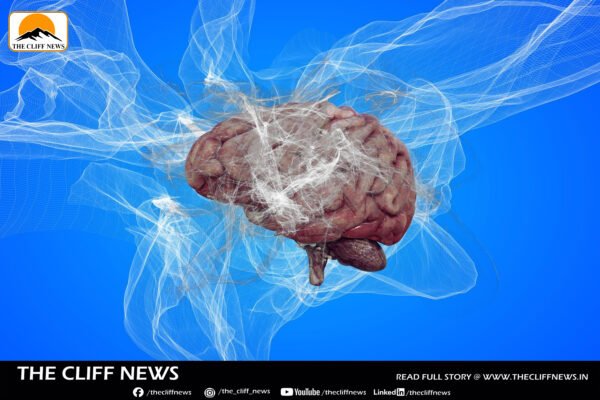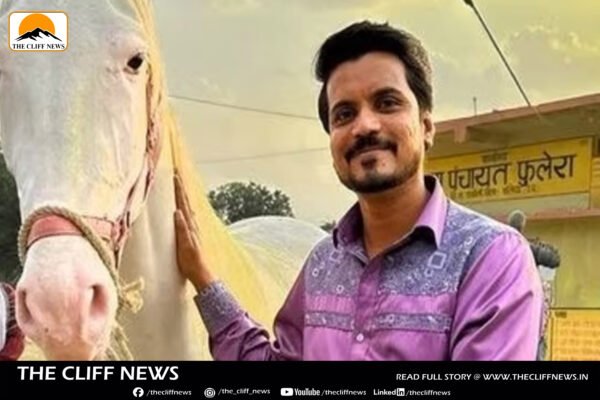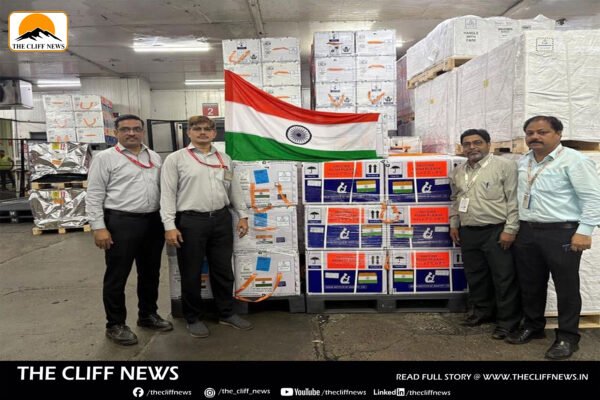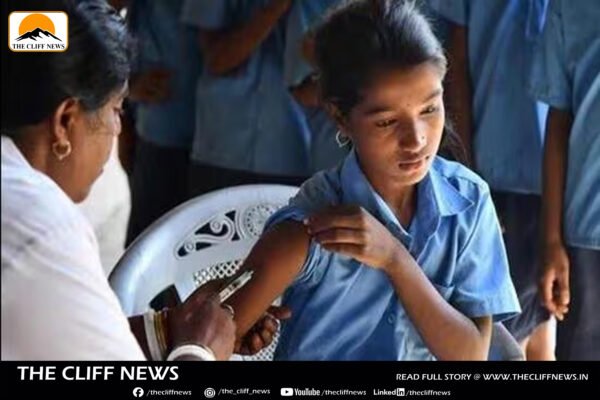In a historic medical breakthrough, doctors in the United Kingdom have announced the birth of eight healthy babies using a pioneering IVF procedure that involves DNA from three individuals, aimed at preventing incurable mitochondrial diseases. The landmark achievement offers hope to families carrying inherited genetic mutations and marks a significant milestone in reproductive medicine. A Revolutionary Approach to Stopping Mitochondrial Disease The mothers involved were all at high risk of passing on severe, life-threatening mitochondrial disorders—genetic conditions that can cause early-onset organ failure, developmental delays, and early death. These disorders are caused by mutations in mitochondria, the cell’s energy-producing structures, which are passed exclusively from mother to child. The cutting-edge procedure, known as Mitochondrial Donation Treatment (MDT), involves fertilizing an egg from the mother with the father’s sperm, and then transferring the nucleus of that embryo into a donor egg that has healthy mitochondria and had its own nucleus removed. This results in an embryo that carries nuclear DNA from the biological parents, but healthy mitochondria from a third donor, effectively bypassing the faulty mitochondrial genes. Success After Years of Research and Regulation The development follows nearly two decades of research led by scientists at Newcastle University, who were granted the world’s first license for the treatment in 2017 after the UK became the first country to legalize the procedure in 2015. The eight children—four boys and four girls, including one set of identical twins—were born to seven women, with an additional pregnancy still ongoing. All babies were free of mitochondrial disease symptoms at birth. Minor medical issues in three children, including a urinary infection and muscle jerks, were resolved without complications. Expert Reactions: Relief and Encouragement Professor Doug Turnbull, a key figure behind the project, called the results “reassuring” and a “relief” for both researchers and affected families. Prof Mary Herbert, also part of the pioneering team, described the successful births as “rewarding for all of us.” The Genetics Behind the Breakthrough While humans have around 20,000 genes located in the cell nucleus, mitochondria contain their own 37 genes. When these are mutated, they can severely disrupt cell function, especially in energy-hungry organs like the brain, heart, and muscles. One in every 5,000 newborns is affected by mitochondrial disease. Importantly, genetic tests confirmed that the babies had none or only very low levels of mutant mitochondria, suggesting the treatment was largely successful in its goal. However, some trace amounts of maternal mitochondria were carried over, indicating that the procedure may need further refinement to eliminate even minimal risk. A New Era in Reproductive Medicine The successful births, now detailed in the New England Journal of Medicine, herald a new era in preventing inherited diseases through reproductive intervention. As the children continue to grow, their long-term health will be closely monitored. For now, the announcement offers hope and inspiration for families worldwide grappling with genetic conditions once thought to be unpreventable.
